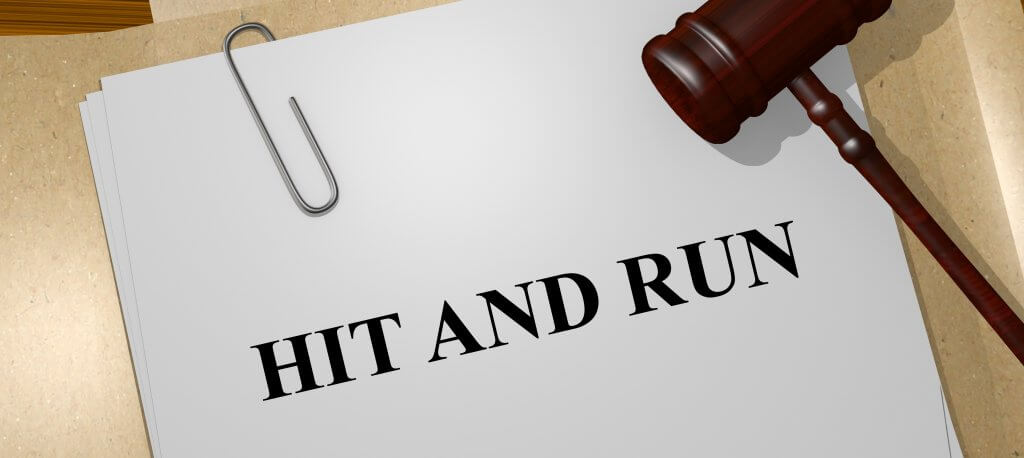What Is the Difference Between Being Charged as a Juvenile or an Adult in Virginia?
A juvenile is defined as a person under the age of 18 in Virginia. When a juvenile is suspected of committing a crime, it may be processed in juvenile court rather than adult court. The reason is that Virginia courts believe juveniles usually need a different approach in legal matters. The juvenile court has a different vocabulary (it uses “offense” rather than “crime,” for example) and is more focused on rehabilitation than punitive consequences. It’s overseen by the Department of Juvenile Justice (DJJ), which has an entirely separate system from the adult Department of Justice (DOJ), including different law enforcement oversight and detention buildings and processes.
Among some of the more significant differences is that juvenile court has hearings, not trials. In a trial, an adult is tried based only on the legal facts of the case. However, in a juvenile hearing, the age and lack of complete emotional and psychological maturity of the juvenile are balanced with legal facts. That means the court may consider the juvenile’s social history, family life, and other extenuating circumstances when making decisions.
Because of that rehabilitative focus, juvenile convictions usually have different consequences than the same crimes if committed by adults, who may be judged more harshly.
What Causes a Juvenile to Be Charged as an Adult?
If the juvenile is at least 14 or older, deemed competent to stand trial (remember, trials for adults while hearings are for juveniles), and the juvenile court has determined that the type of crime charged is severe enough, the court could transfer the juvenile to adult court. If the crime charged is a felony, such as first-degree murder, moving to adult court is mandatory.
The juvenile court will consider various factors when making this decision, including whether or not the juvenile has a previous history, the violence involved in the crime, and other circumstances. It’s crucial to know that if there are multiple crime charges against the juvenile and one of them leads to the transfer to adult court, the other charges will also transfer to the adult court, even if they wouldn’t have on their own.
If Convicted in Adult Court, Will the Juvenile Receive the Same Sentence an Adult Would?
This is dependent on each specific case. There are some aspects that are different, but one potentially devastating outcome that’s the same as for adults convicted of crimes.
- Mandatory minimum sentences. Many crimes have mandatory minimum sentences for adults who are convicted of them. However, when a juvenile is tried in adult court, the court has the ability to circumvent that.
- Background. While adults are to be sentenced based only on the facts of the case, a juvenile may be able to have other factors considered, including childhood trauma or having been removed from their biological family. This may be construed as a favorable situation that is not available to adults.
- Jail sentence. If a juvenile is convicted of first-degree murder as an adult, they could face the same sentencing as an adult would. Instead of being taken to a juvenile facility where they may have access to rehabilitative treatments, they would be sent to an adult’s prison, potentially for many years (in Virginia, first-degree murder convictions may result in anywhere from 20 years to life in prison).
Is Being Convicted in Juvenile Court Much Less Significant?
Not necessarily. While they may not face life in prison, there are consequences of juvenile convictions that can have long-lasting effects.
- Some juvenile crime charges require the court to send notice to the juvenile’s school of those charges.
- If traffic misdemeanors or driving while under the influence (DUI) is charged, the juvenile may have their driver’s license suspended.
- Often, people think juvenile court records are kept permanently private. This is not always the case. It’s possible that future employers or colleges and universities may be able to access these records, not to mention auto insurers who can use those records to raise insurance rates (or cancel coverage if there are multiple instances).
- Another aspect of juvenile records is that if misdemeanors were involved, the records should be expunged once five years have passed since the date of the final hearing and the juvenile has reached the age of at least 19. However, felony charges aren’t eligible for expungement.
- Suppose the juvenile has multiple charges over time, including once they’ve reached the age of 18. The courts may then look at their juvenile history when determining sentencing for those later crimes. If there are several convictions, that can lead to much more severe sentencing later.
It’s not only crucial to try to prevent a juvenile from being transferred to adult court, it’s also vital to have an experienced criminal defense attorney represent them if they’re facing juvenile court hearings
What Should I Do if My Juvenile Child Has Been Charged with a Crime as an Adult?
Call Scott Nolan Criminal Defense as soon as possible at 703-688-9236 to request a free case evaluation. When a juvenile is being tried as an adult, the consequences can be even more severe and life-altering than if they’re charged as a juvenile. Our team of knowledgeable, experienced criminal defense attorneys understands what’s at risk and how traumatic this can be for your entire family. We’ll walk through the specifics of your child’s case and help determine which approach may result in the best possible outcomes.






